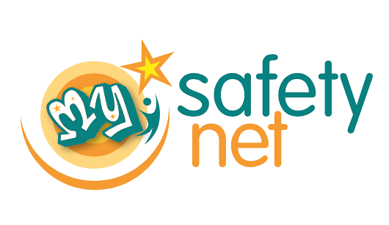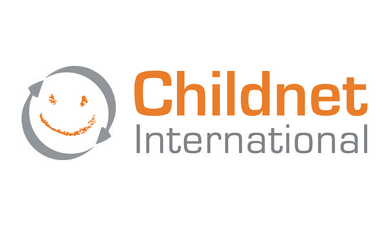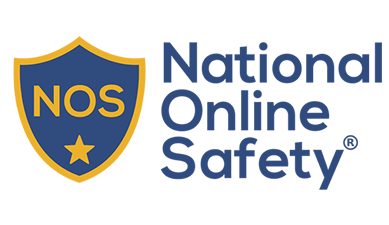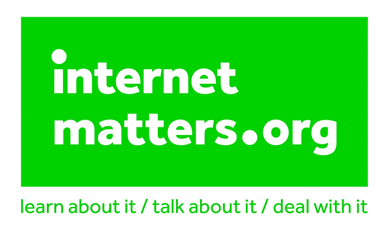Be SMART on the Internet
Safe
Keep safe by being careful not to give out personal information when chatting or posting online. Personal information includes your email address, phone number and passwords.
Meeting
Meeting someone you have only been in touch with online can be dangerous. Only do do with your parents’ or carers’ permission and even then only when they can be present. Remember online friends are still strangers even if you have been talking to them for a long time.
Accepting
Accepting emails, IM messages, or opening files, pictures or texts from people you don’t know or trust can lead to problems - they may contain viruses or nasty messages!
Reliable
Someone online might lie about who they are, and information on the internet may not be true. Always check information with other website, books or someone who knows.
Tell
Tell your parent, carer, teacher or a trusted adult if someone or something makes you feel uncomfortable or worried, or if you or someone you know is being bullied online. You can report online abuse to the police at www.thinkuknow.co.uk
The main contacts for any safeguarding or online safety concerns are:
Mrs Williamson
l.williamson@st-christophers.org
Mr O'Doherty
r.odoherty@st-christophers.org
Some useful websites to help you know more about staying safe online:

| Safety Net is a charity which helps children and young people feel safe and confident
Young people like you, tell us they worry about things like bullying, friendships, feeling safe at home, and more. We help you by listening to these worries and finding ways together, to manage them. We can share ideas about what you can do to feel better and braver. |

| The Childnet Hub for young people aged 11-16 has lots of topics to help you to stay safe online. |

| The National Online Safety website has plenty of useful guides and top-tips to online activity and social media channels. Below are download links to three of the guides: You can also follow them on Twitter and Facebook, where they have live updates on a regular basis. |

| Internet Matters is another great website with lots of age specific guides to help keep your child safe online. We have a few for you to download here: |